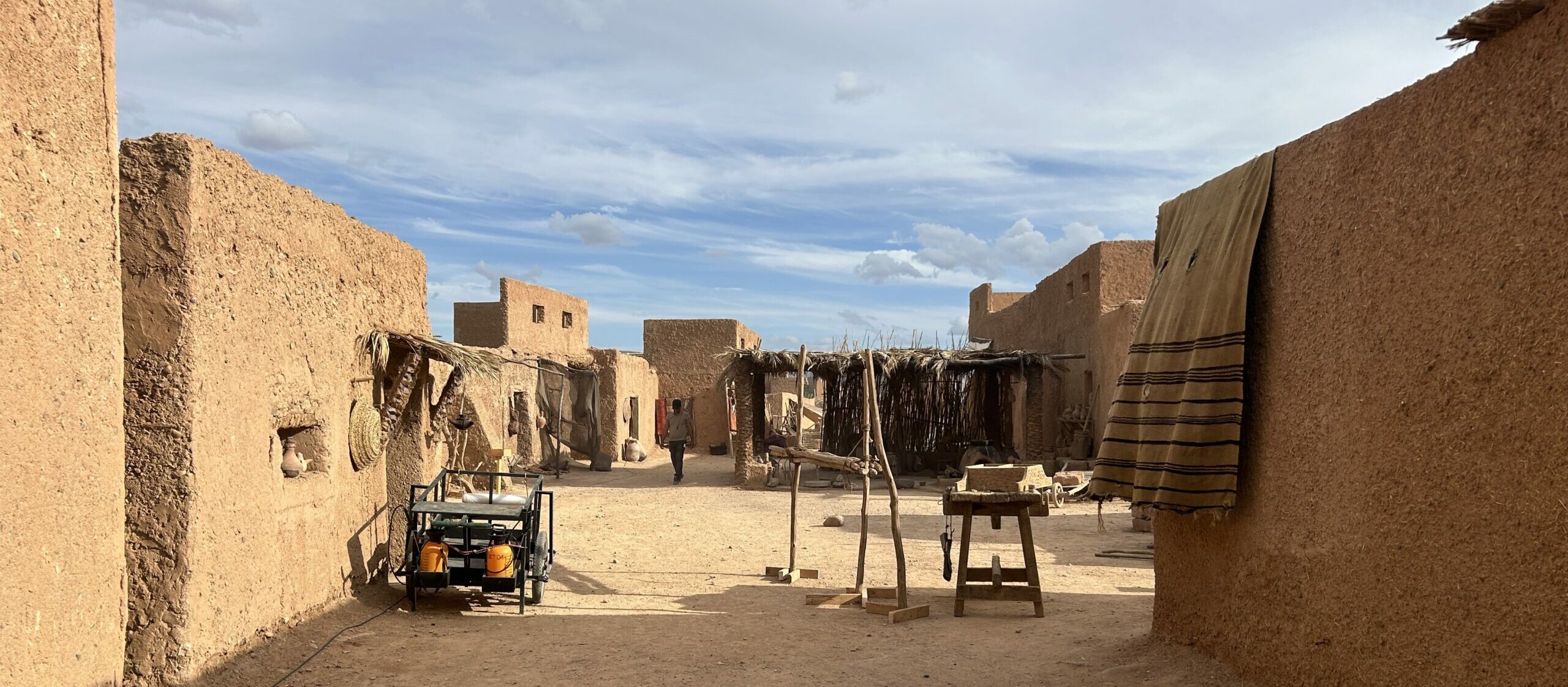One who trusts others too quickly is lightminded, and one who sins does wrong to himself. One who rejoices in wickedness will be condemned, and for one who hates gossip evil is lessened. Never repeat a conversation, and you will lose nothing at all. With friend or foe do not report it, and unless it would be a sin for you, do not disclose it; for some one has heard you and watched you, and when the time comes he will hate you.—Sir 19:4-9.
Let’s consider a few lines passage from the Sirach 19 (a book found on in the Catholic and Orthodox Bibles, not Protestant ones) and see what we can learn.
1) One who trusts others too quickly is lightminded. Since the scamdemic, the entire world faced an isolation it had never seen. It wasn’t just the lockdowns and the gene-therapy shots. It was also the masks, the closed Churches and the divided families. Loneliness increased greatly in the world between 2020 and 2022 and this was reflected in suicide rates. Amidst such isolation, one might not be blamed for “oversharing.” One might even trust new friends too quickly with sensitive or intimate information. While this is not usually sinful if the information refers to oneself (and not others in gossip) the Holy Spirit reminds us: One who trusts others too quickly is lightminded. In other words, if you overshare with strangers, you might be shallow. I have overshared a lot the last few years and I’m reigning it in. Such an approach to friendship of oversharing on yourself is not usually sinful, but it won’t form lasting or deep friendships.
2) One who sins does wrong to himself. It seems to be a temptation to Catholics after Vatican II to believe the law of God is arbitrary or capricious. This leads to legalism and a sense that Canon Law trumps the Gospel or that ignorance of the Decalogue can somehow save as many people as the Blood of Jesus Christ. I have written and podcasted about all this at length, so I won’t do it again here. From Sirach, we see how beautiful is the law of God: A sin doesn’t just harm God. It also harms you. God’s law is not the baseline from which we need leeway in God’s mercy. Rather, when the Catholic Church tells us that x and y and z are sins, that is God’s love shining through the Church. It’s like a father telling a child not to put his hand on the stove. If the kid puts his hand on the stove, it will hurt Father spiritually, but it will hurt the child physically. So also, God’s law is not only to get us to heaven. It’s also to keep us from hurting ourselves here on earth—yes, even before we get to the topic of heaven and hell. The line one who sins does wrong to himself is the Holy Spirit revealing to us the goodness of God.
3) Never repeat a conversation, and you will lose nothing at all. There is probably something idiomatic in the translation from the Greek of those words “lose nothing at all” that makes the sentence a little clunky. On the other hand, it seems to make perfect sense. For example, have you ever repeated a conversation you had with one person that you then revealed to another that contained no gossip and no sin? And yet… you felt like you lost something. Perhaps you name-dropped or just talked to long to someone about another conversation you had. Even if you couldn’t point to anything mortally sinful in the conversation, you walk away from that encounter with a sense you lost something. The line, never repeat a conversation and you will lose nothing at all is a Scripture verse I have printed out on paper and tacked to the wall of my bedroom. Why? Because I’ve never left a conversation wishing I had said more about another person. But I have left many conversations wishing I had said much less, even if in a non-gossipy tone.
Finally, consider the wisdom of the next line from Sir 19: With friend or foe do not report it, and unless it would be a sin for you, do not disclose it. This gels perfectly with what I have been saying on my teachings on both narcissism and clergy-abuse. The Wisdom of Sirach is basically saying you don’t need to gossip or even be a tattle-tale when you have the right on your side. However, there is an exception to this: When withholding the crime of another would be sin for you. For instance, if your neighbor is committing outright child-abuse and you have proof, then you must call the police and CPS. Another example would be reporting heresy online after first speaking to the person (Mt 18.) Why is heresy worth reporting? Because it’s a public disease against the salvation of souls. (Most of the bishops are heretics, so I wouldn’t report heresy to them, but rather to other Catholics in order to warn them.)
But short of stopping obvious sin by speech or written-word, ask yourself how many times you have regretted under-sharing. And then ask yourself how many times you have regretted over-sharing. I’m sure your percentage of regret on those answers will be the same as mine. Like St. Joseph and St. Francis Xavier (and like all saints) better to err on the side of silence than talking, except when we are glorifying God or teaching the true Catholic Faith (or occasionally warning others of a significant physical or spiritual threat.)
